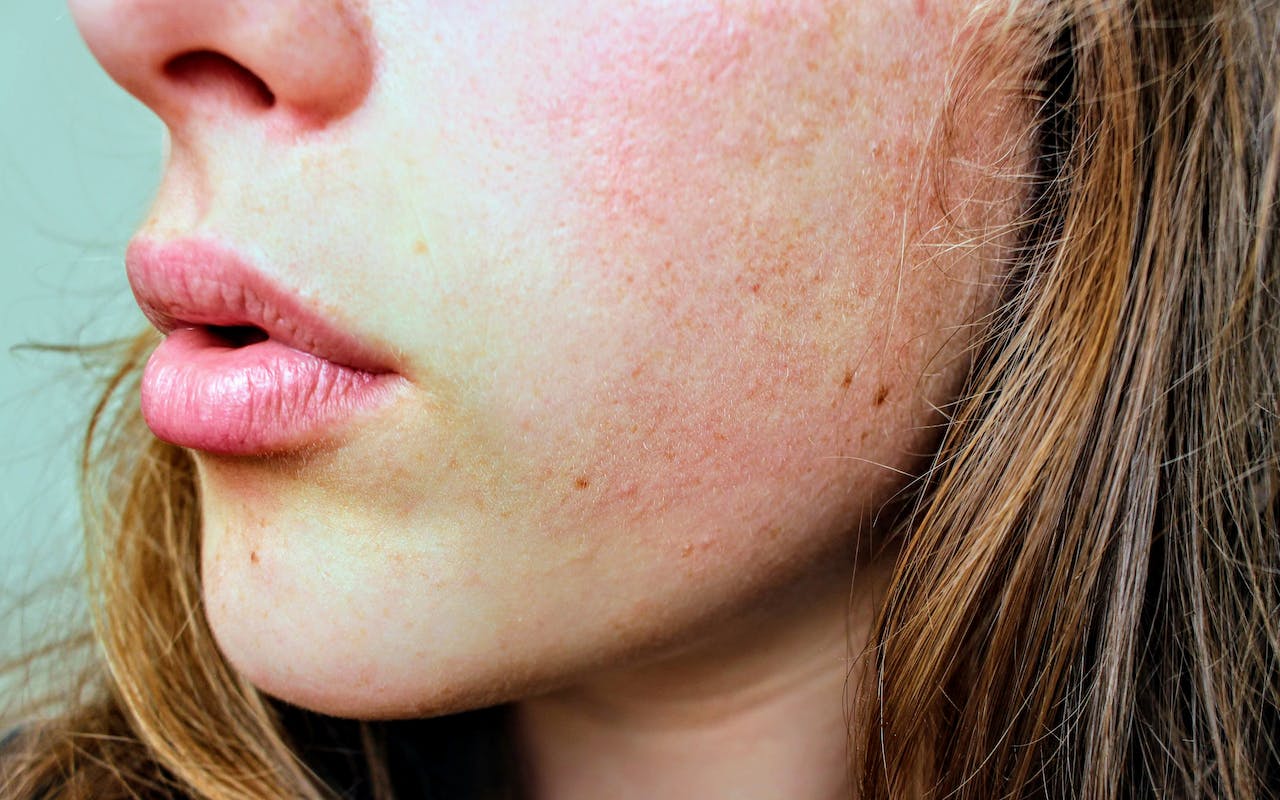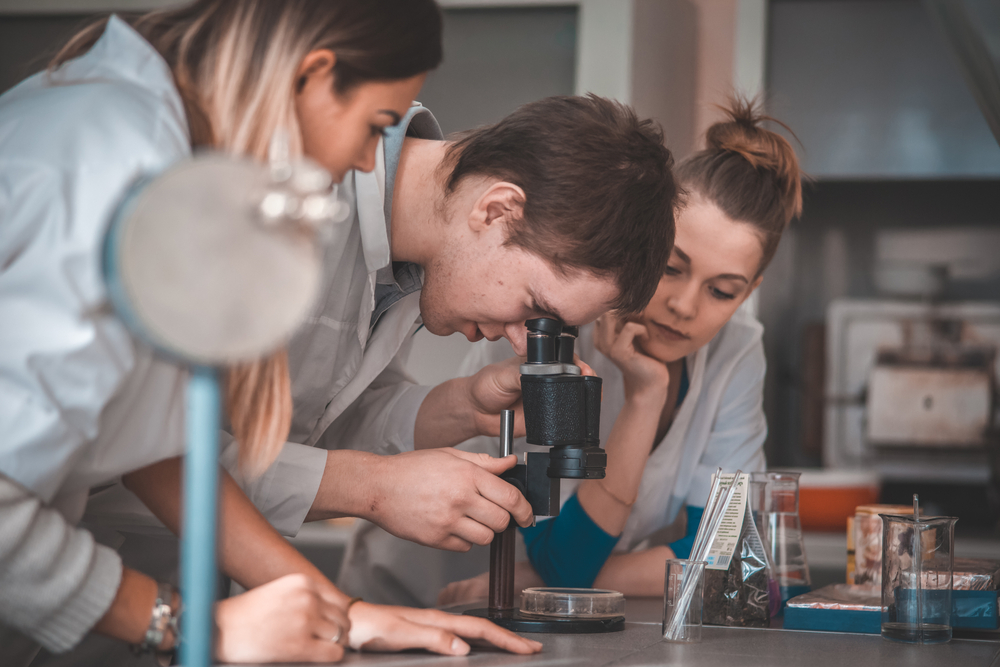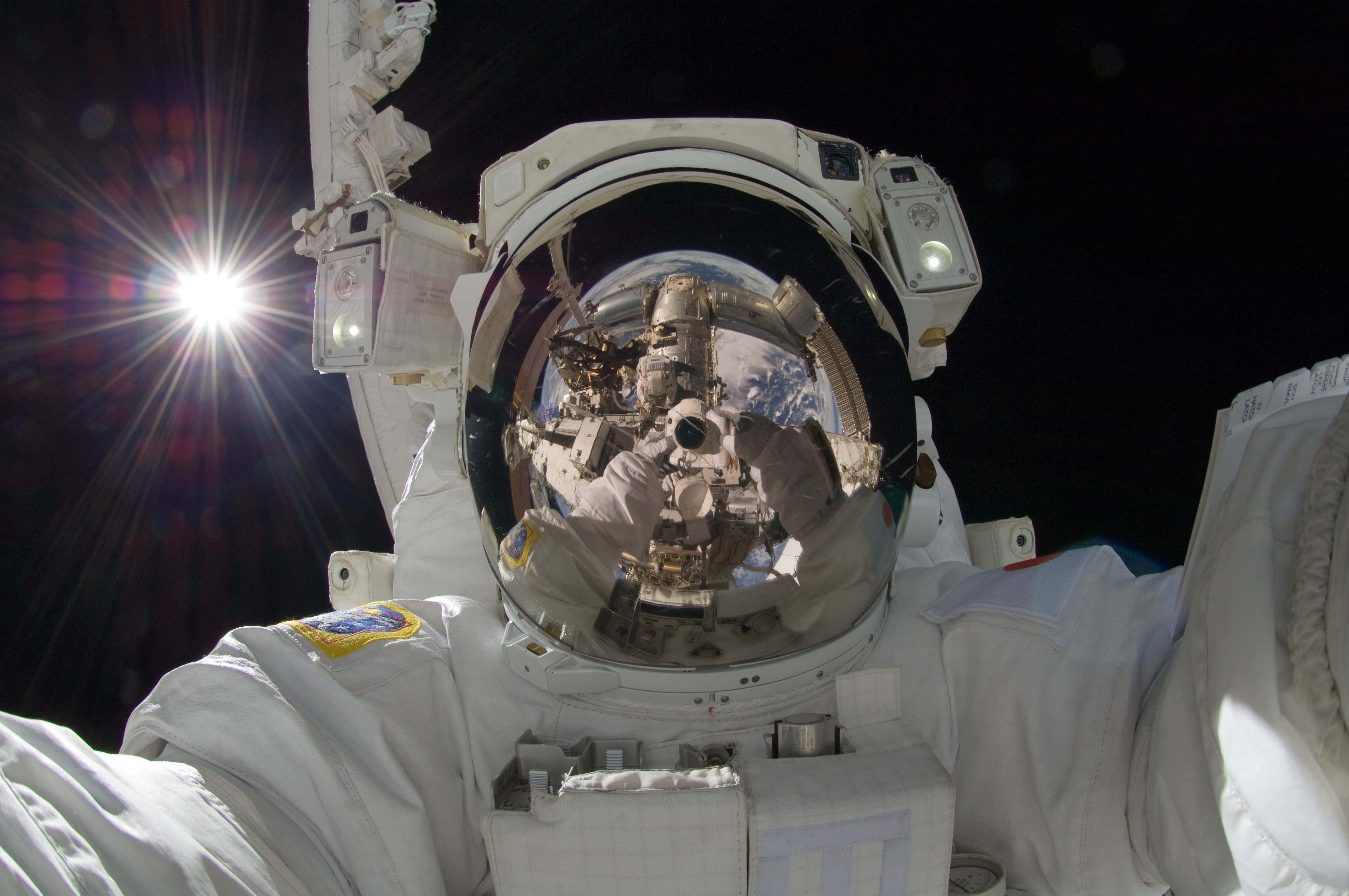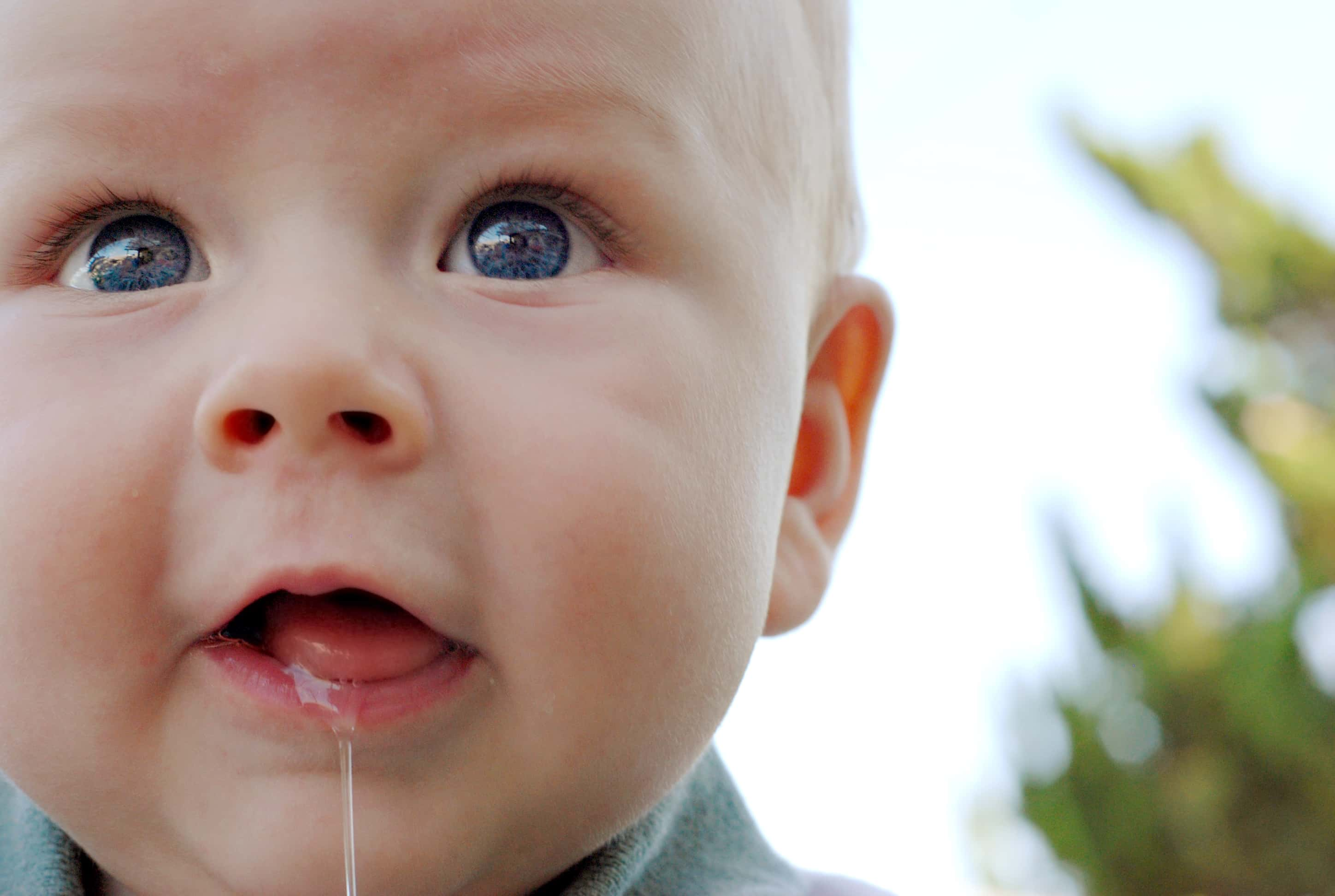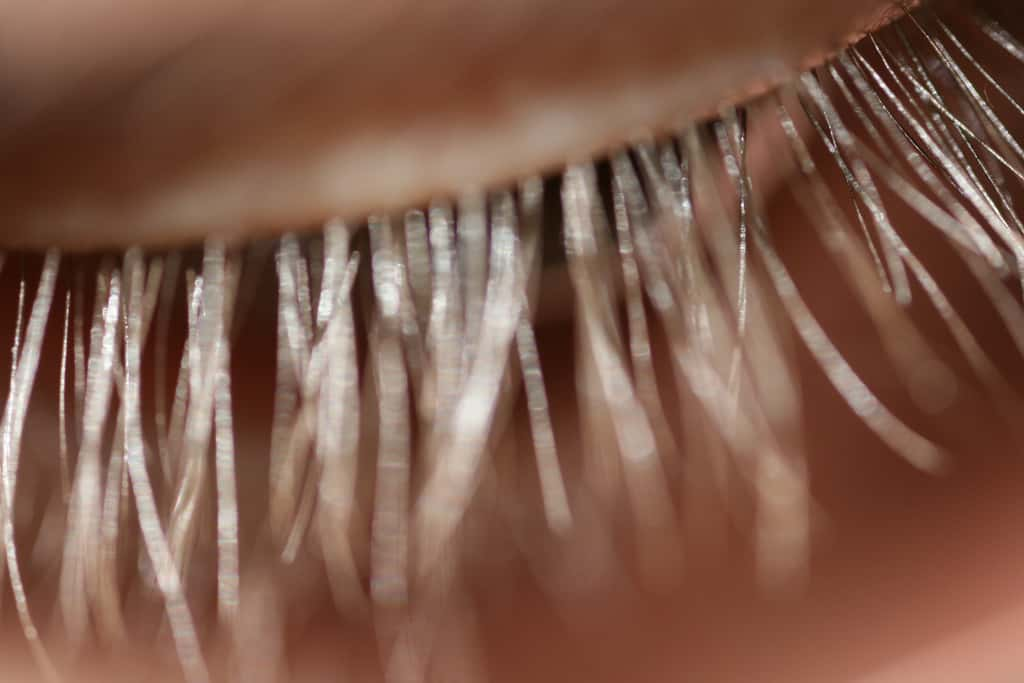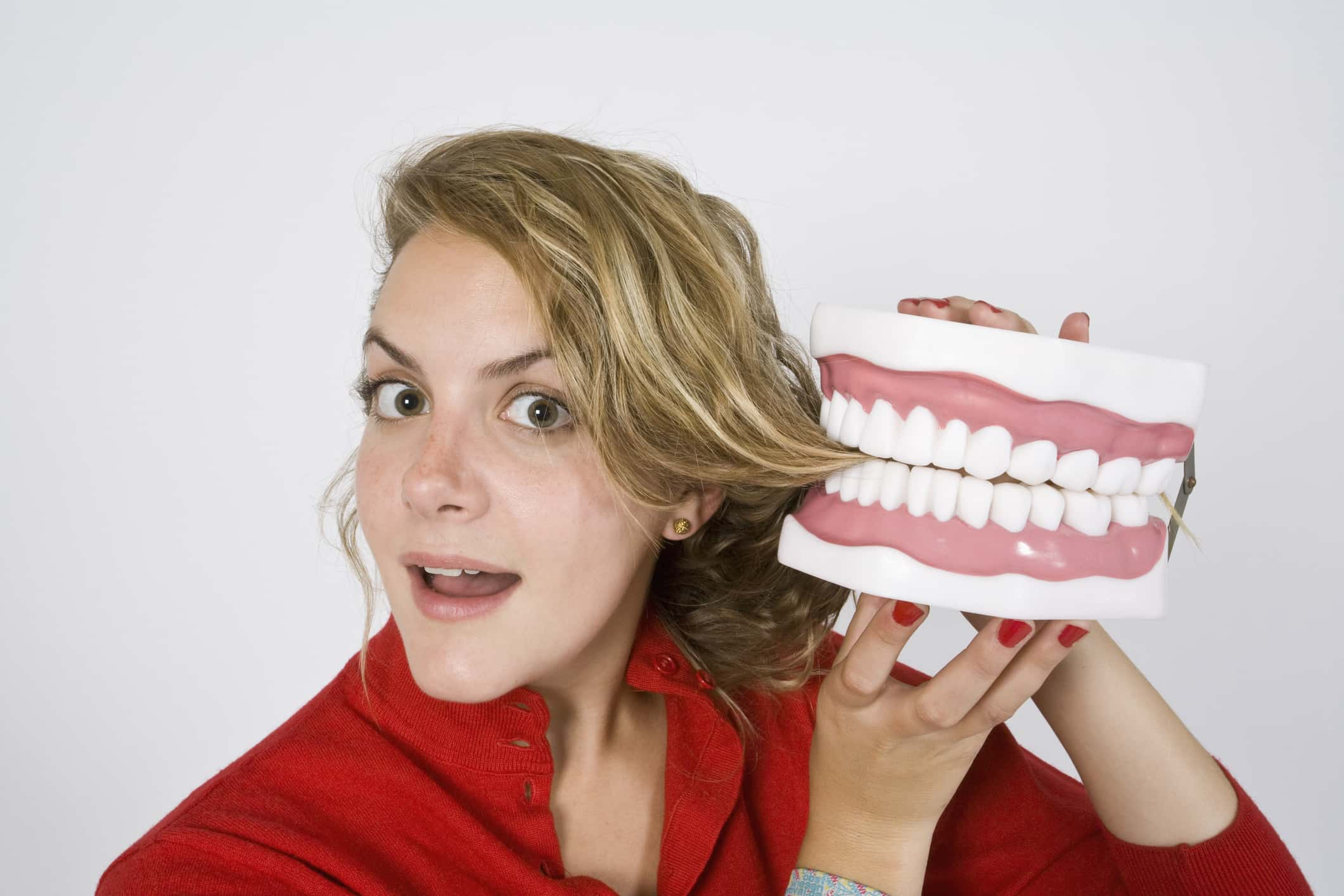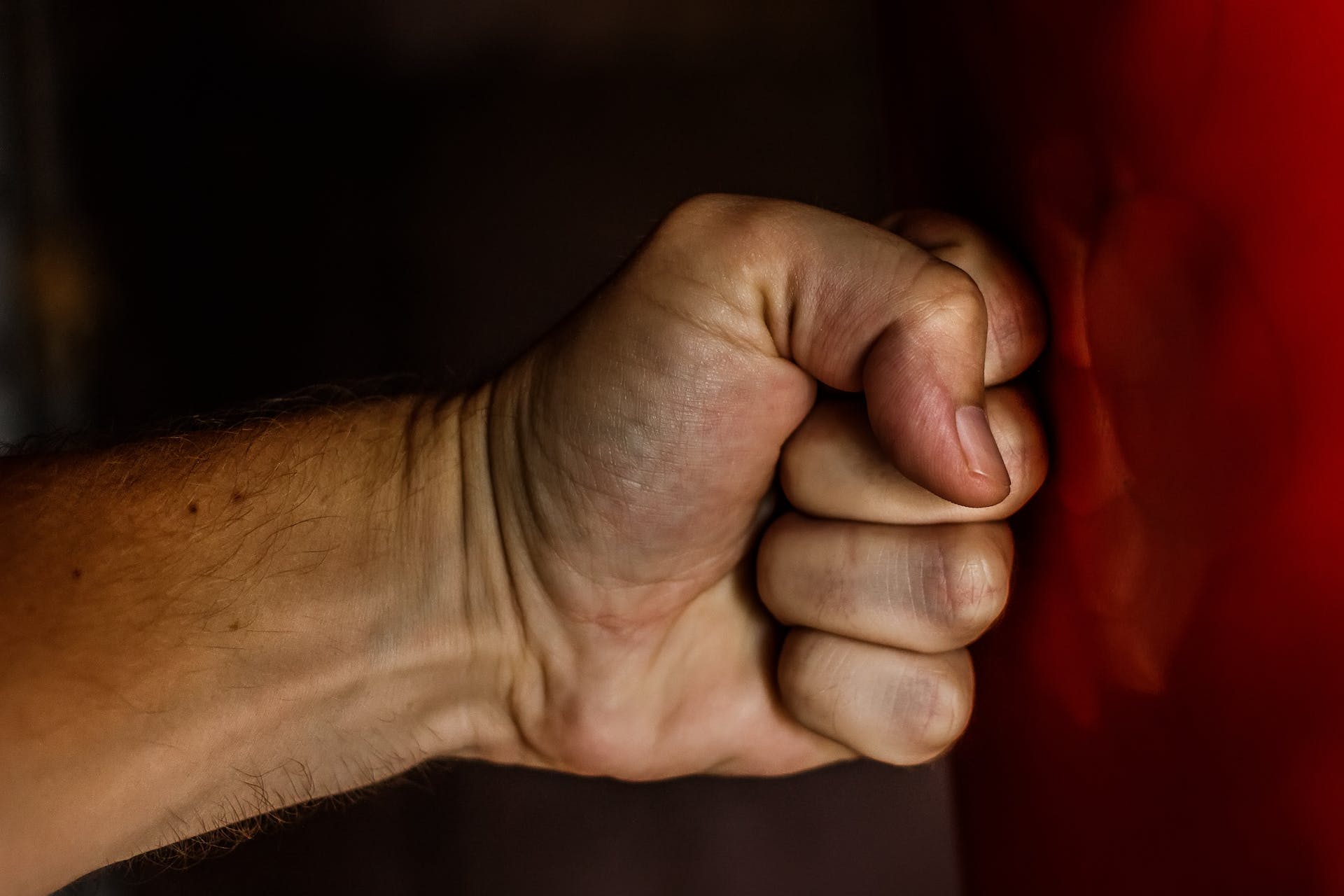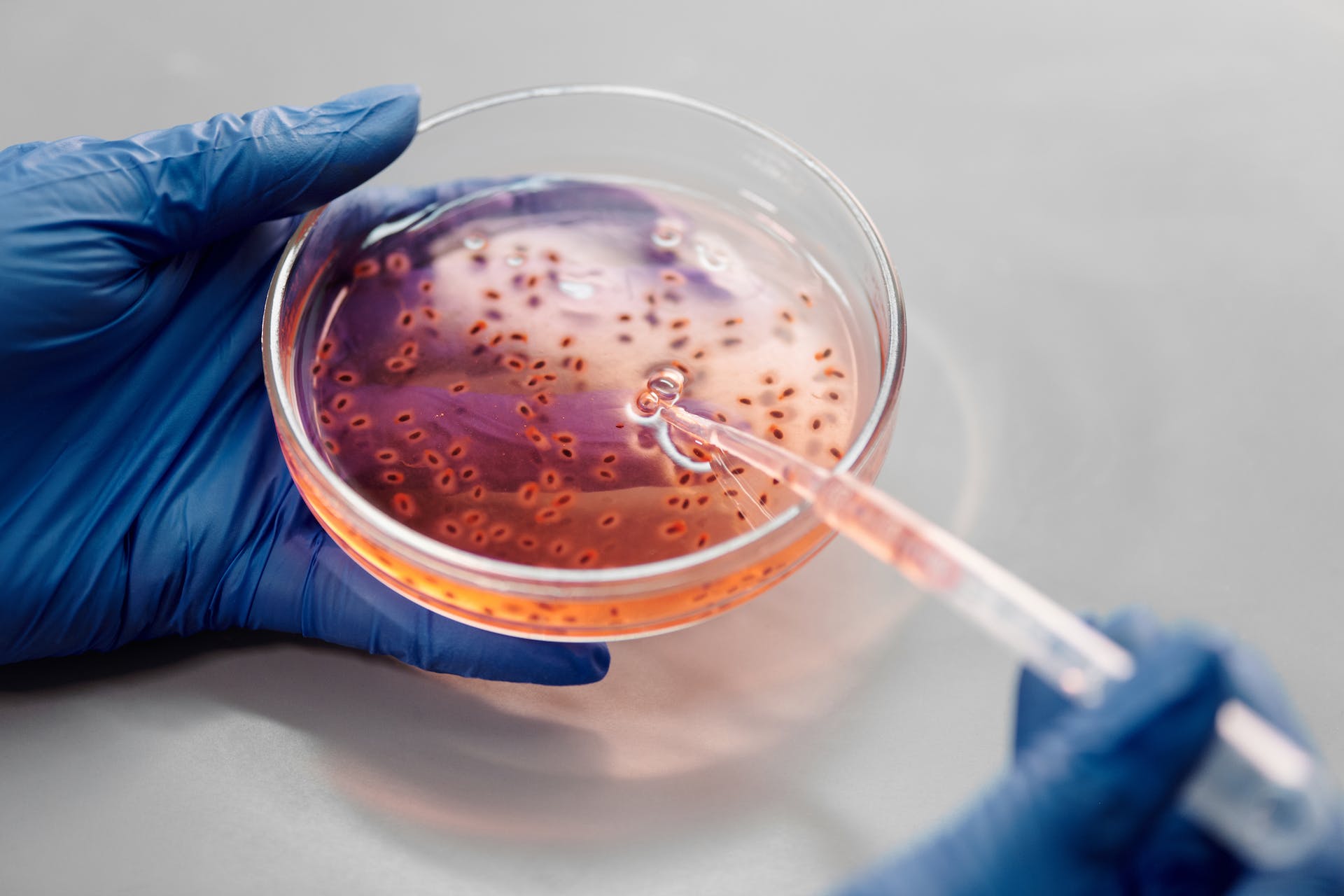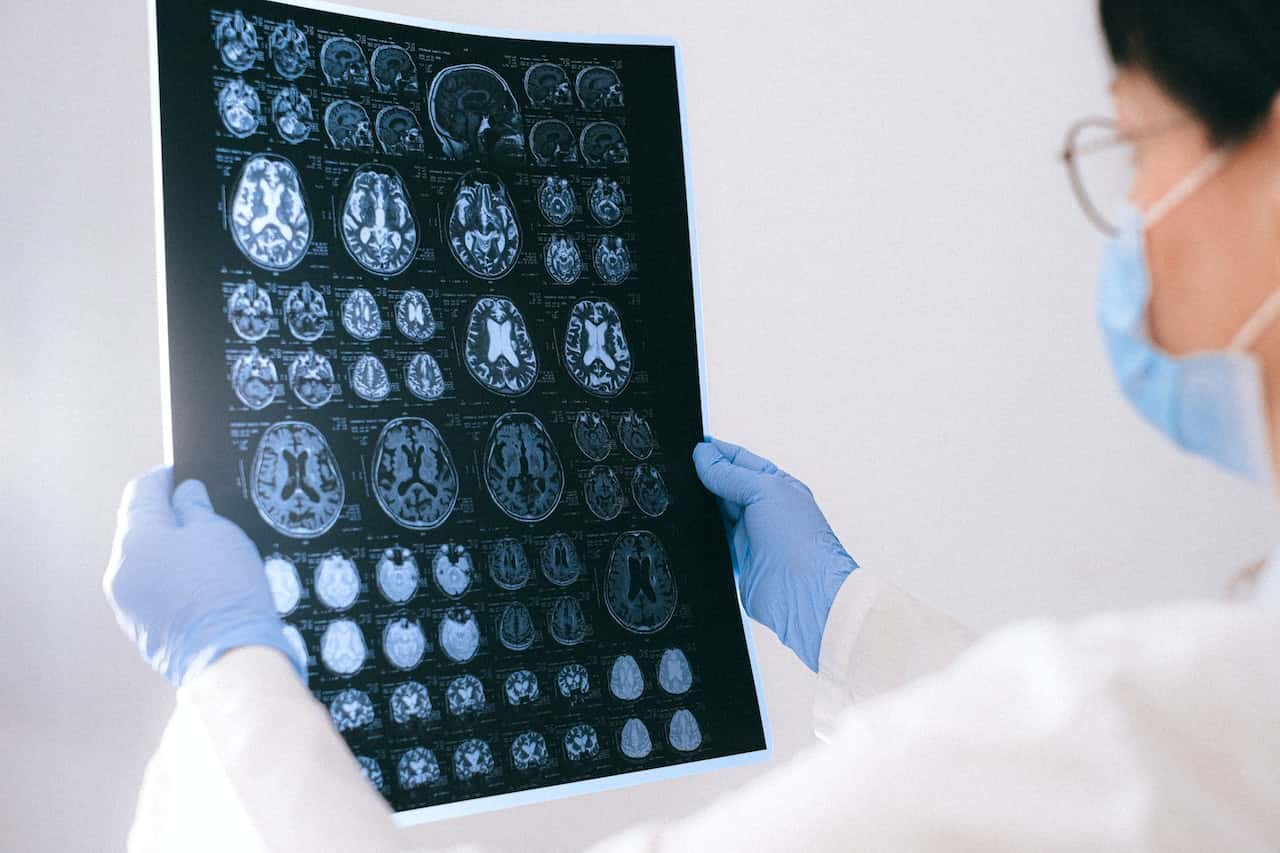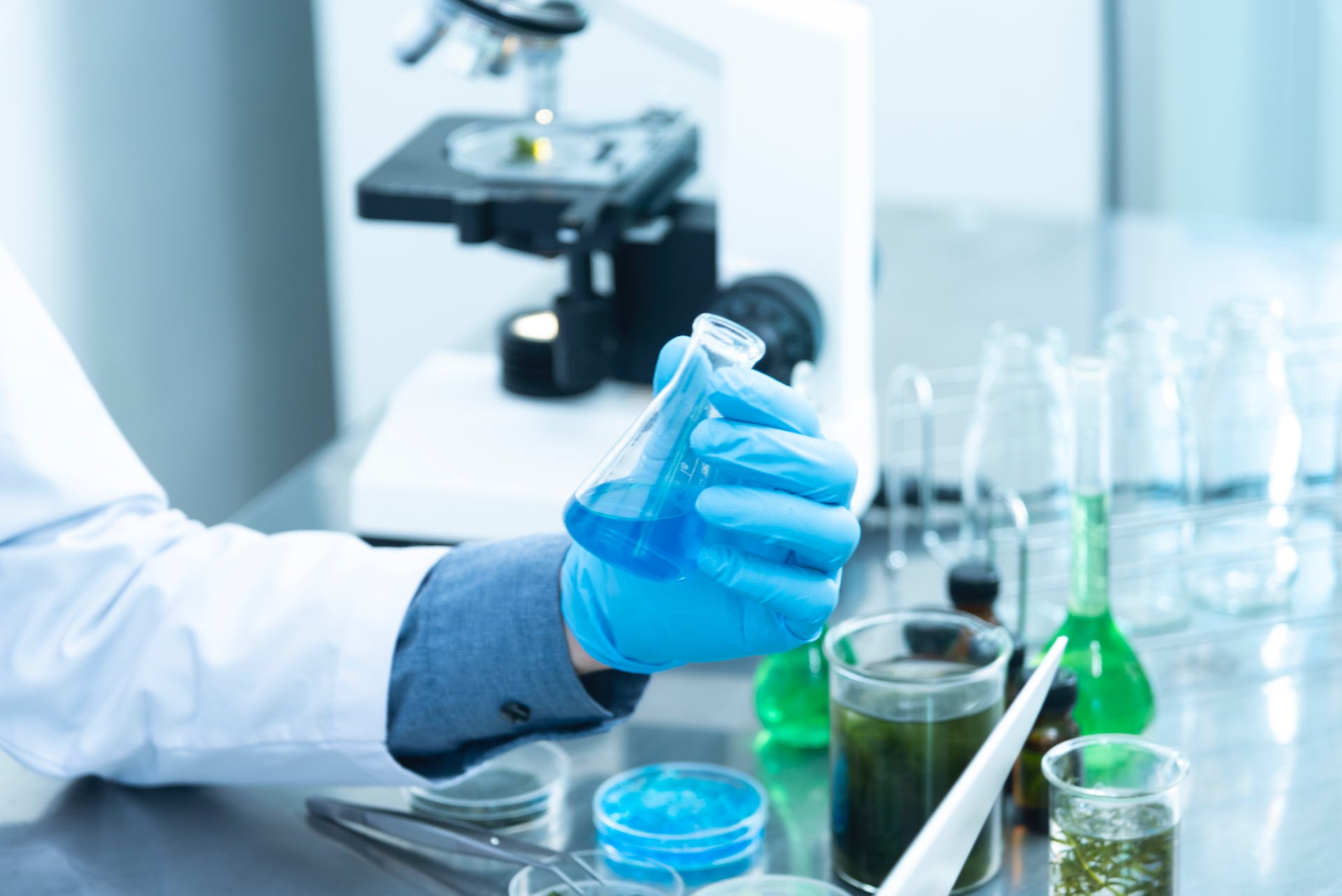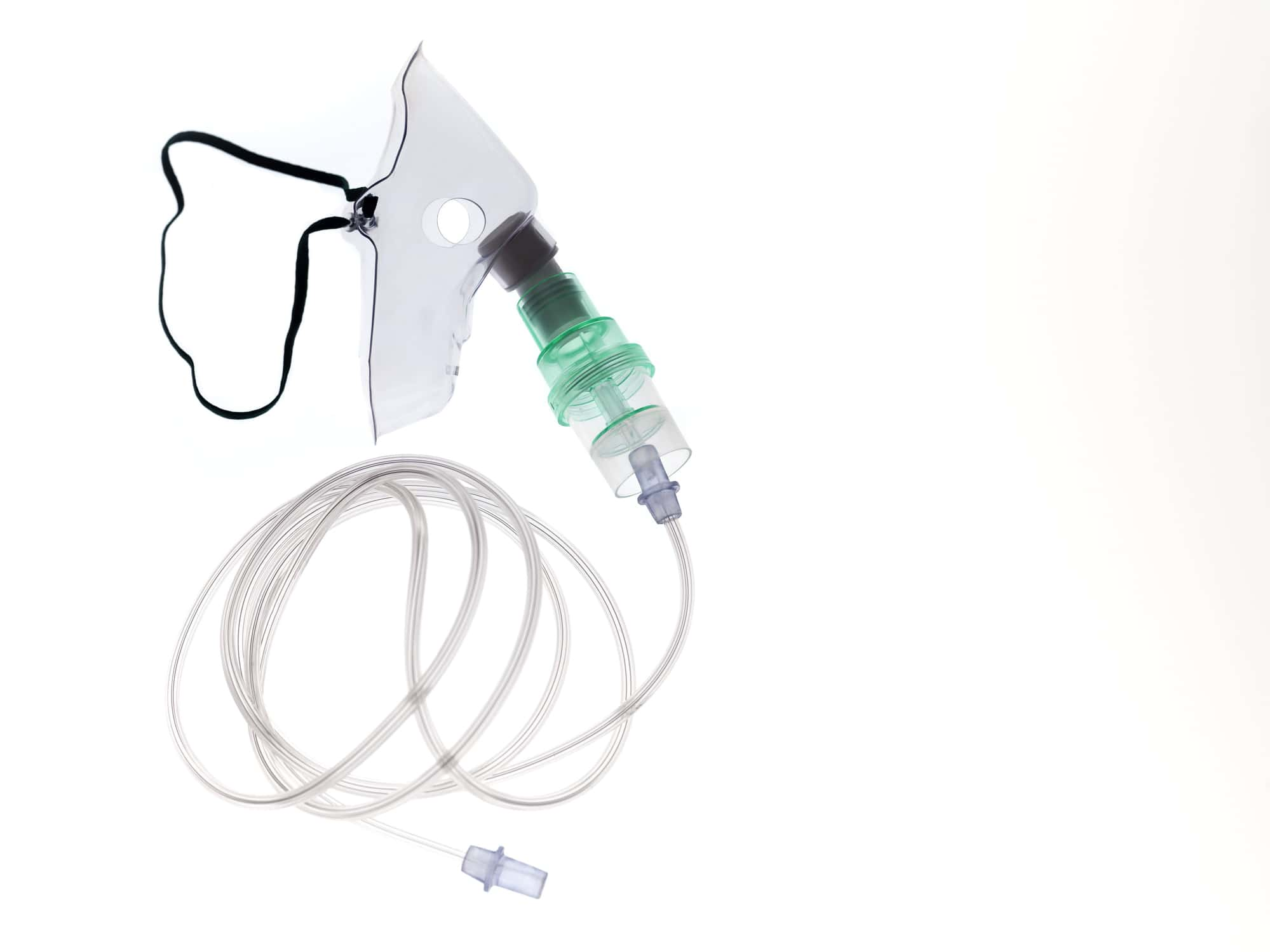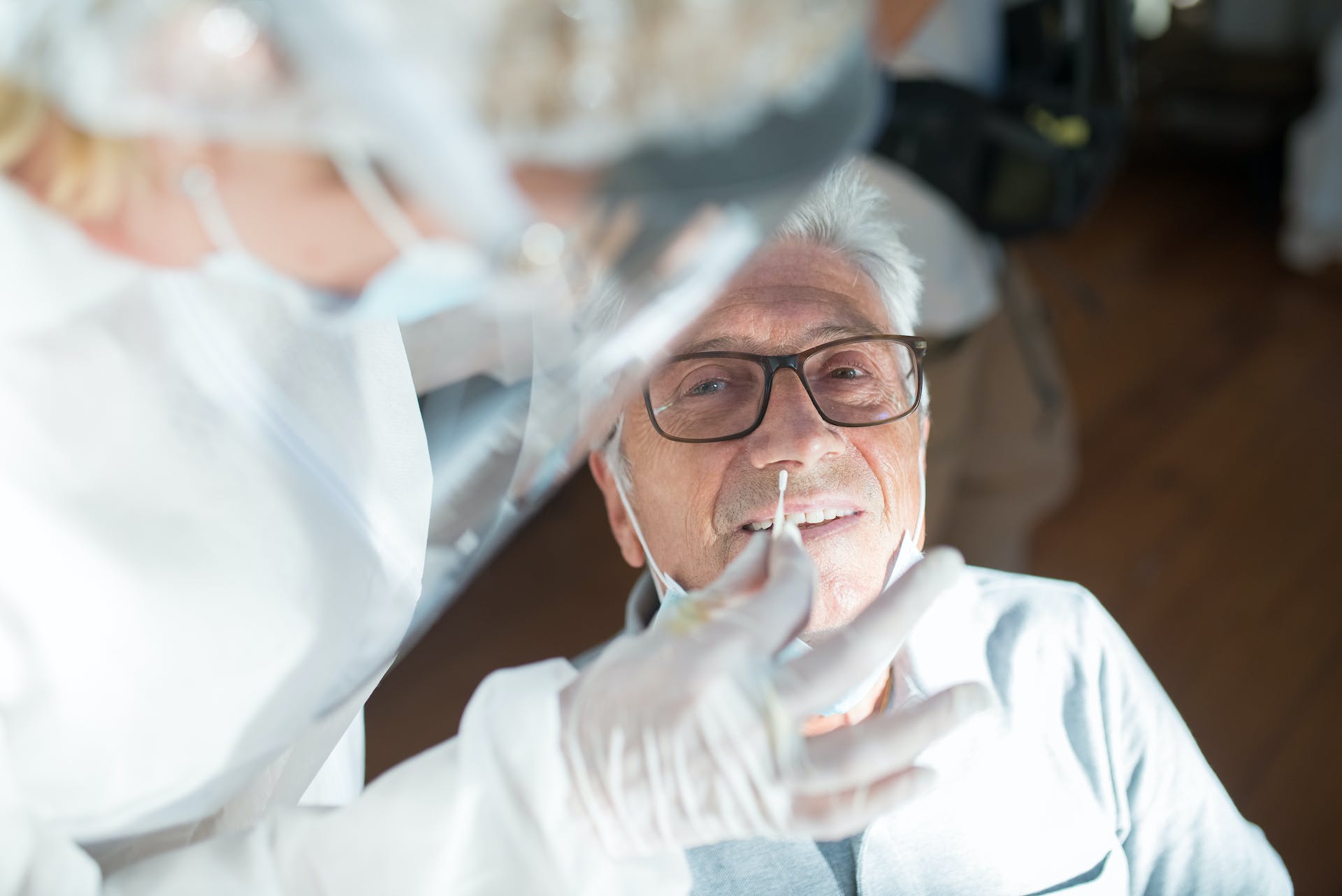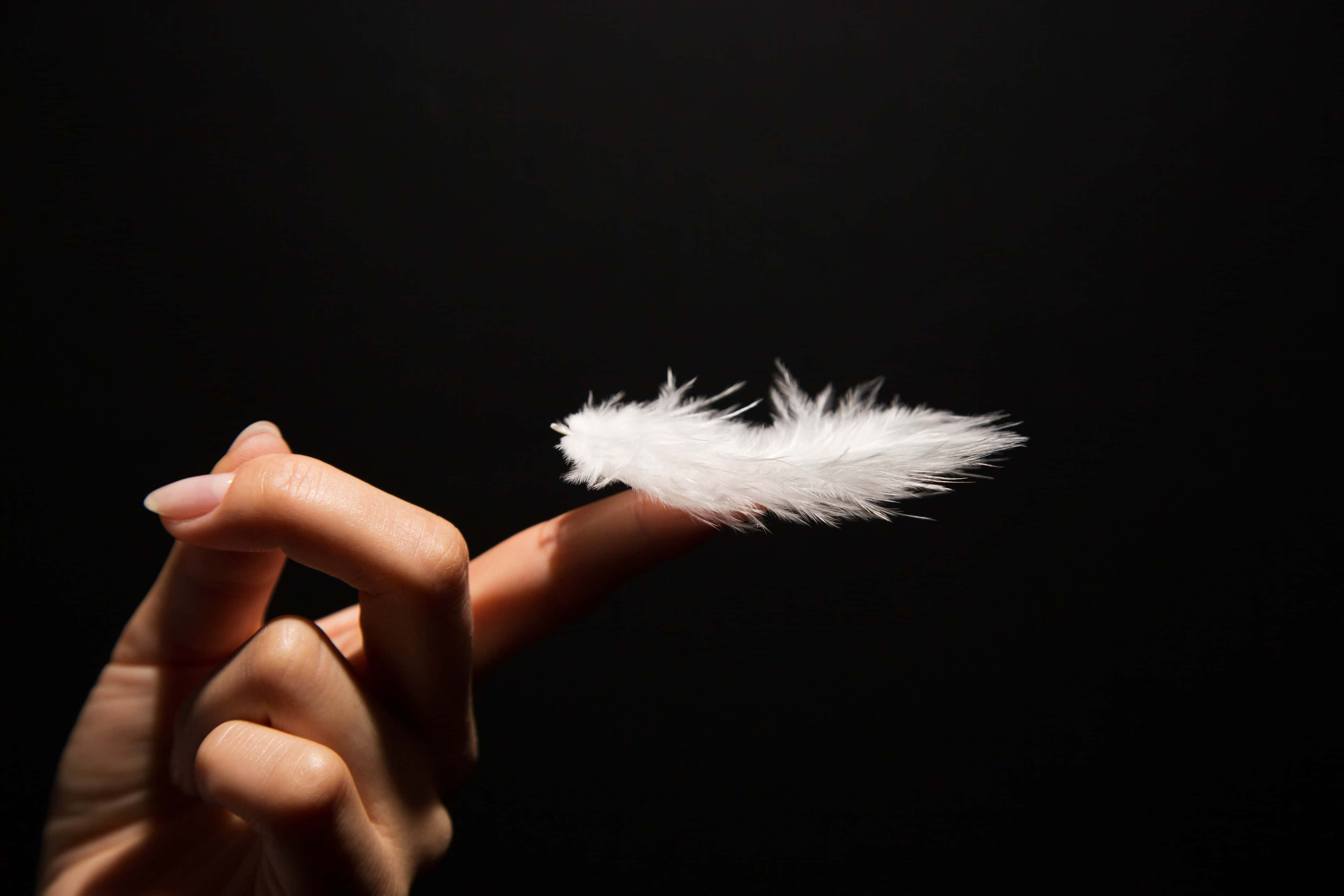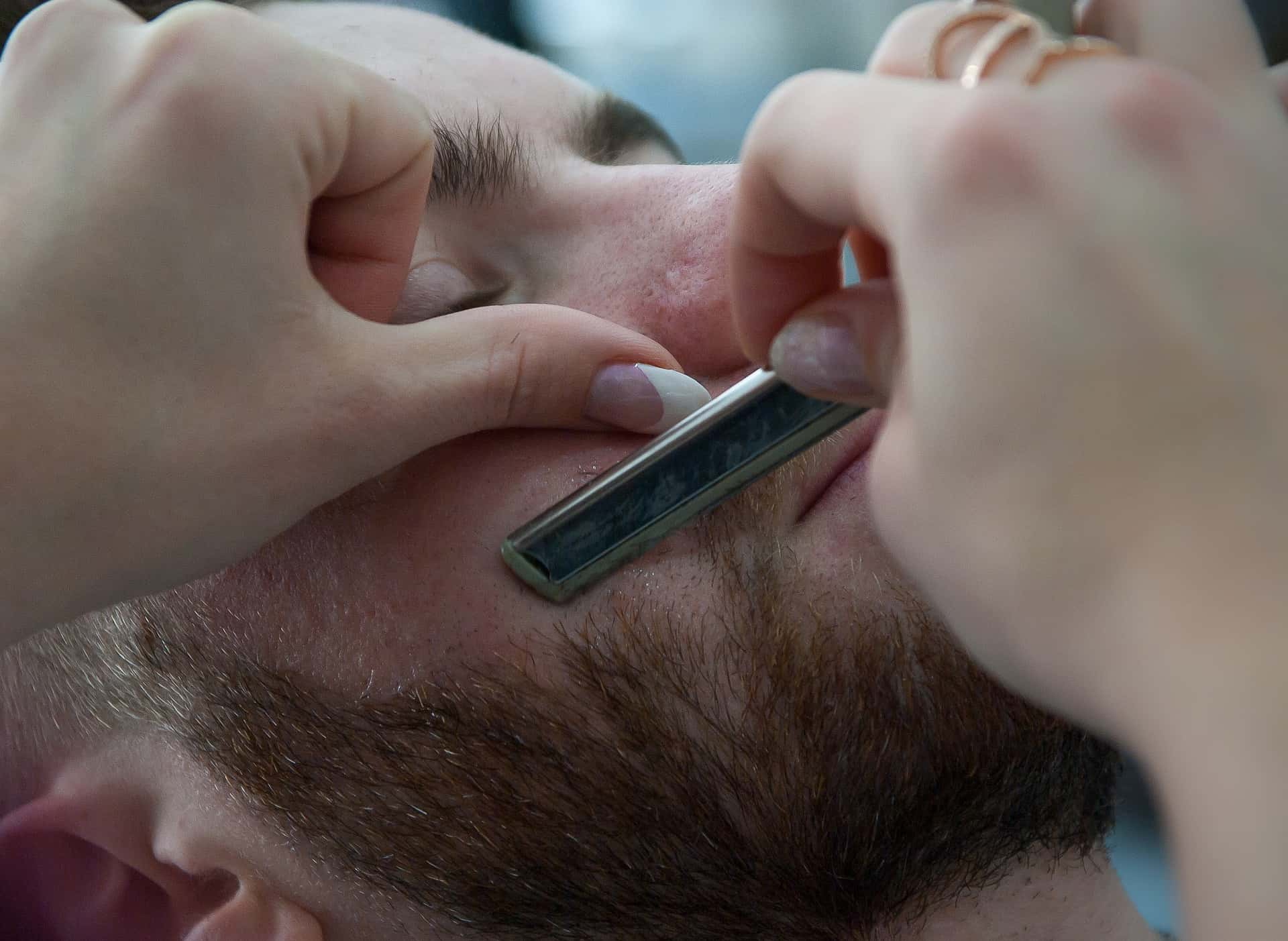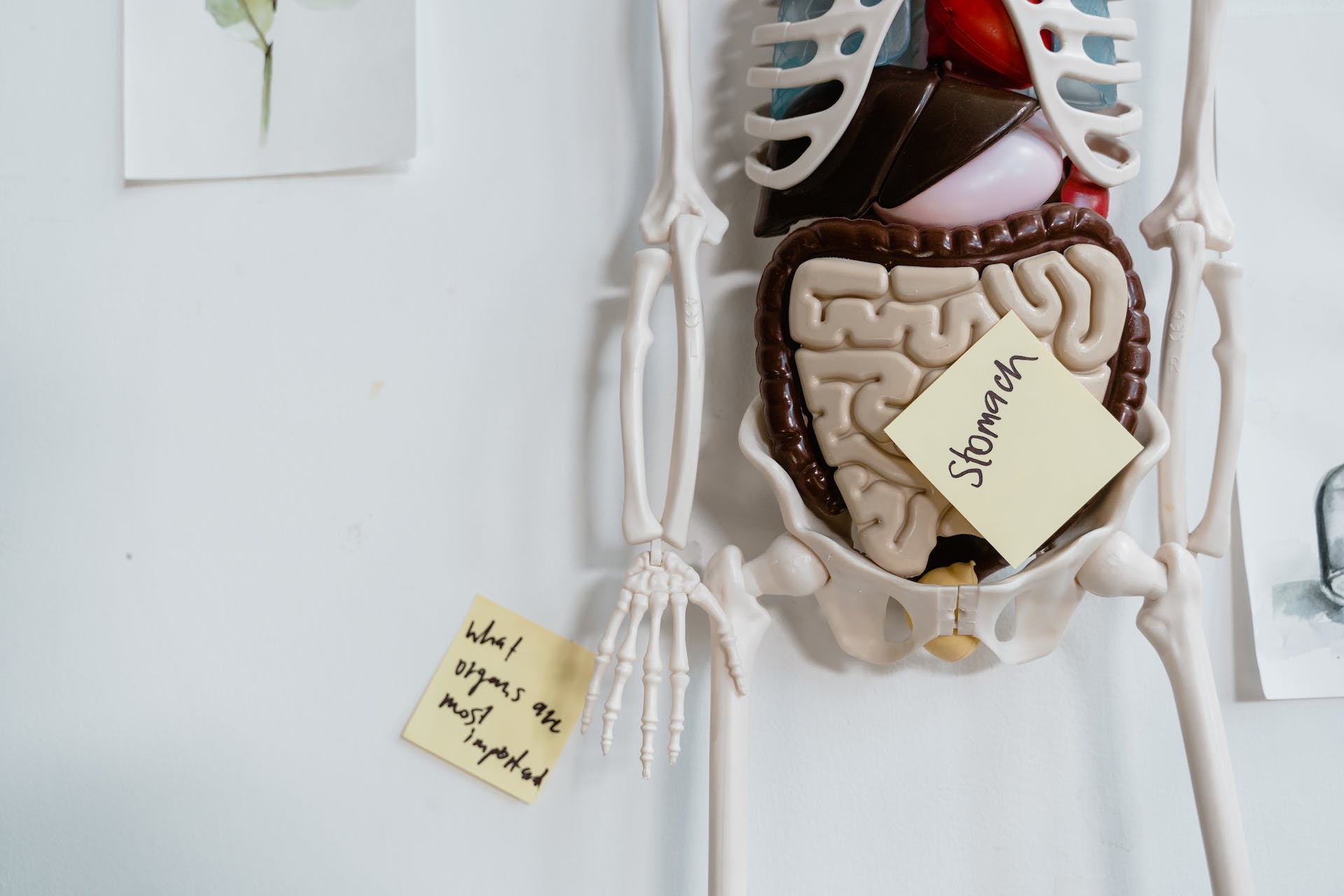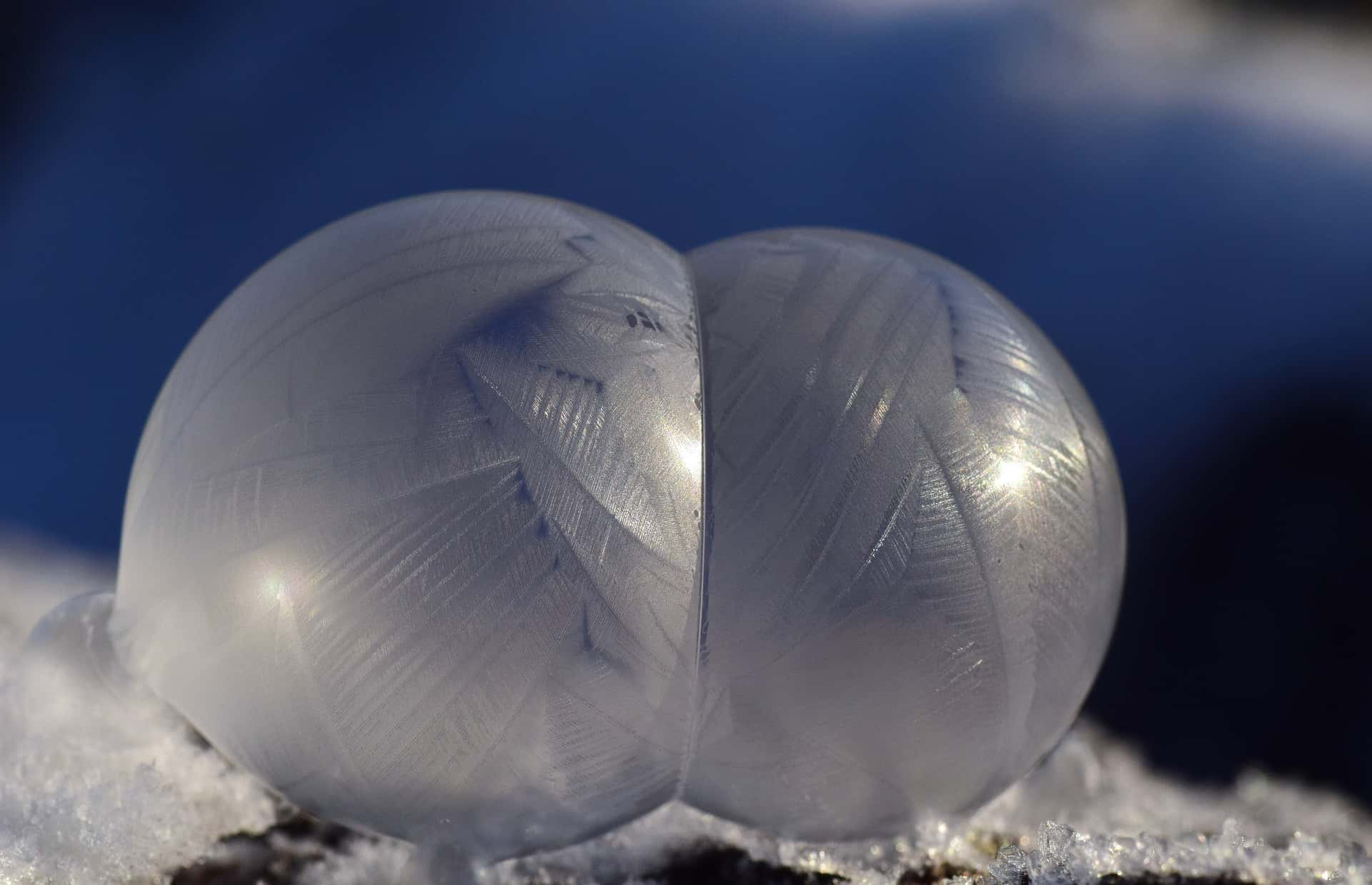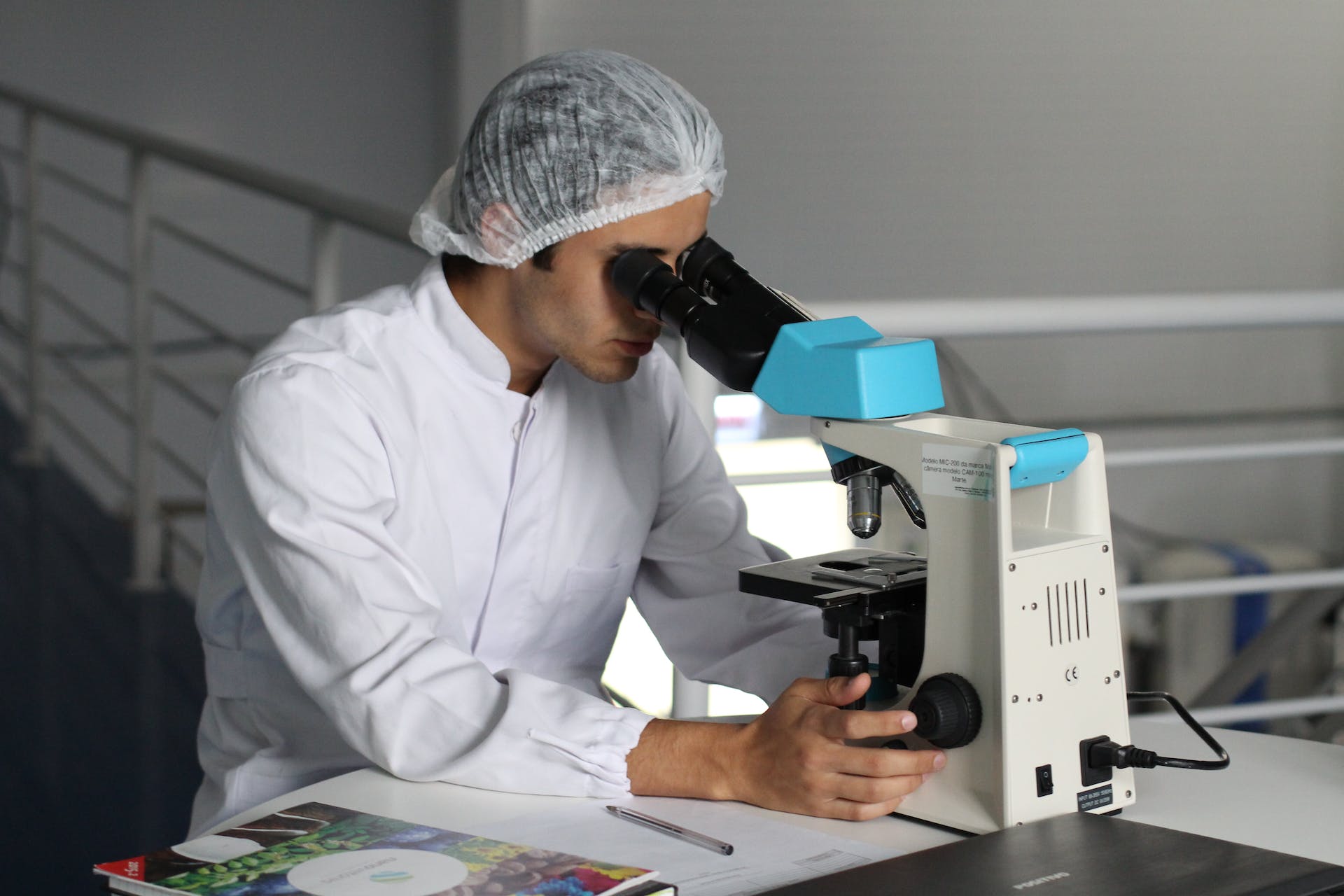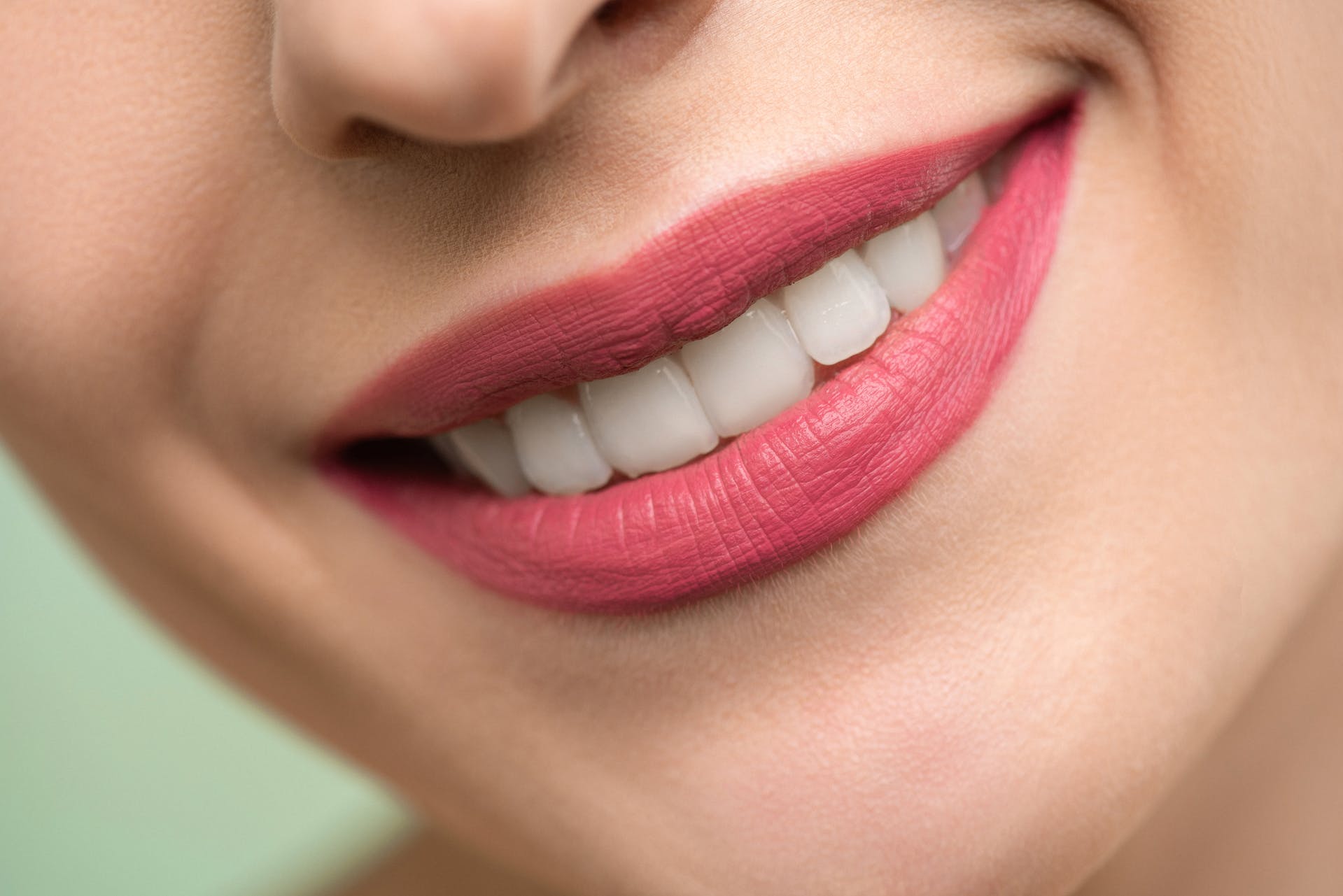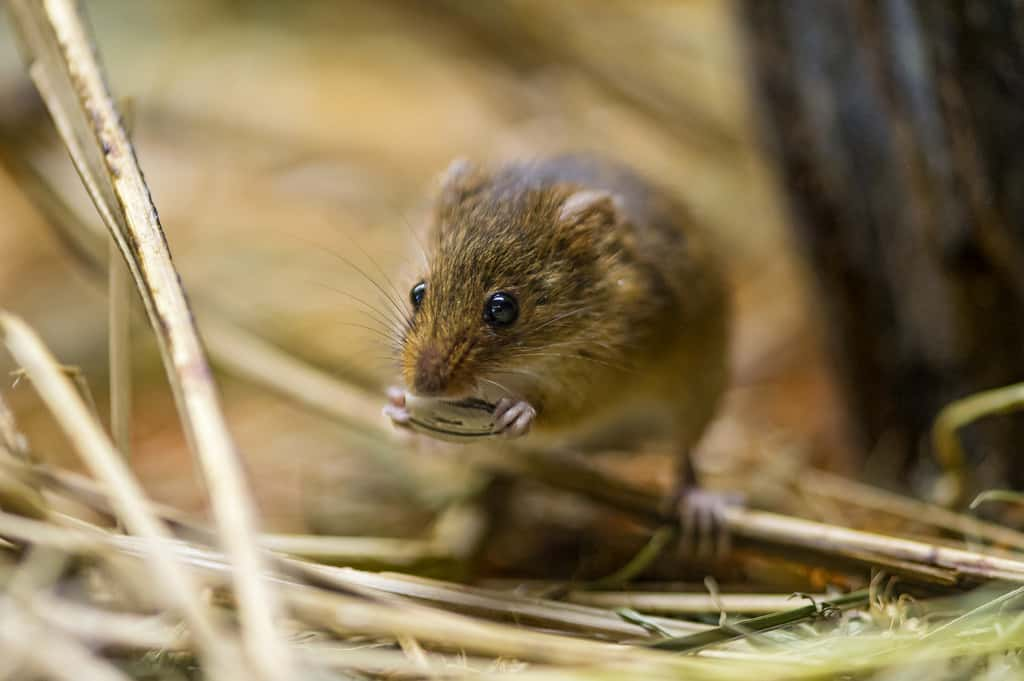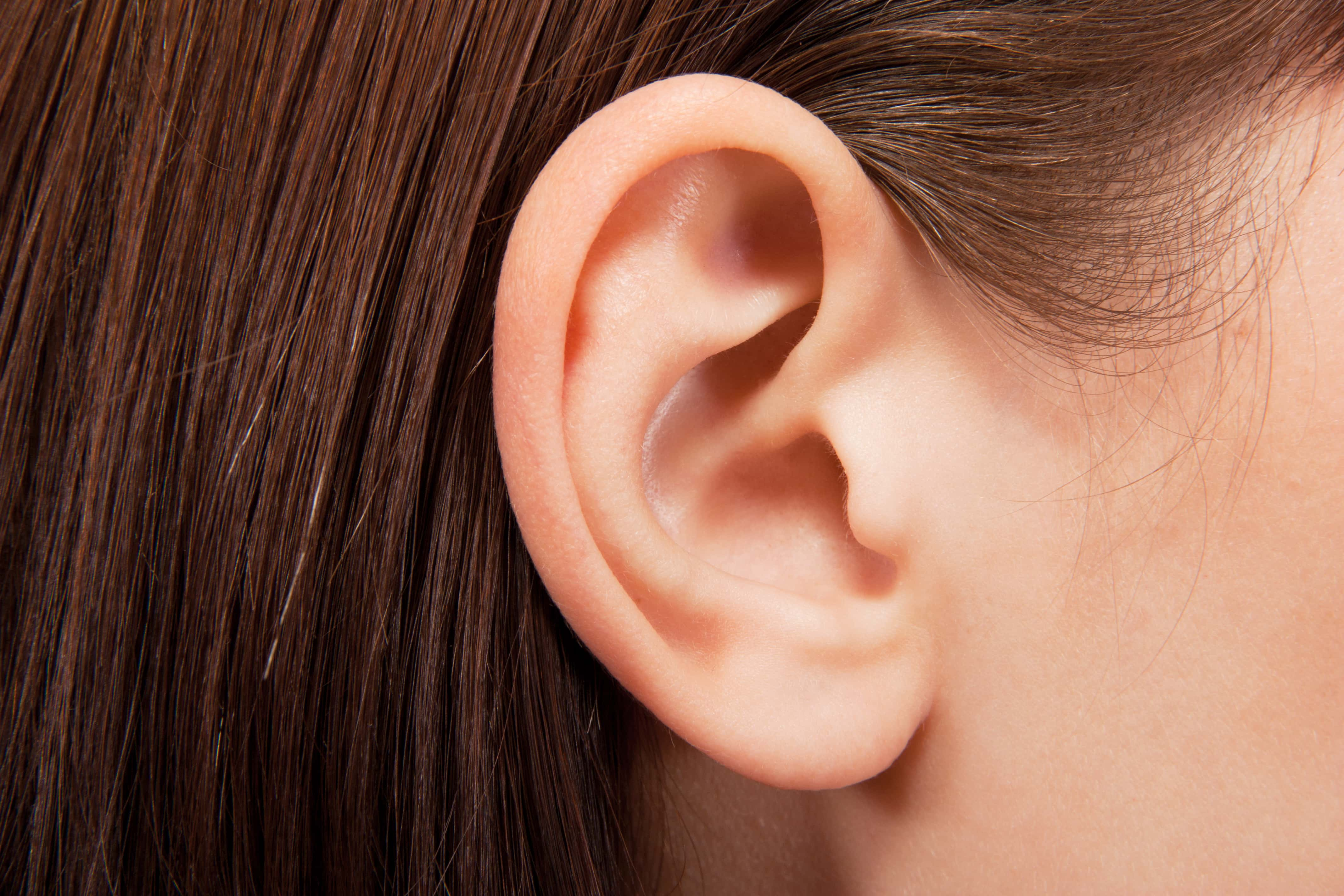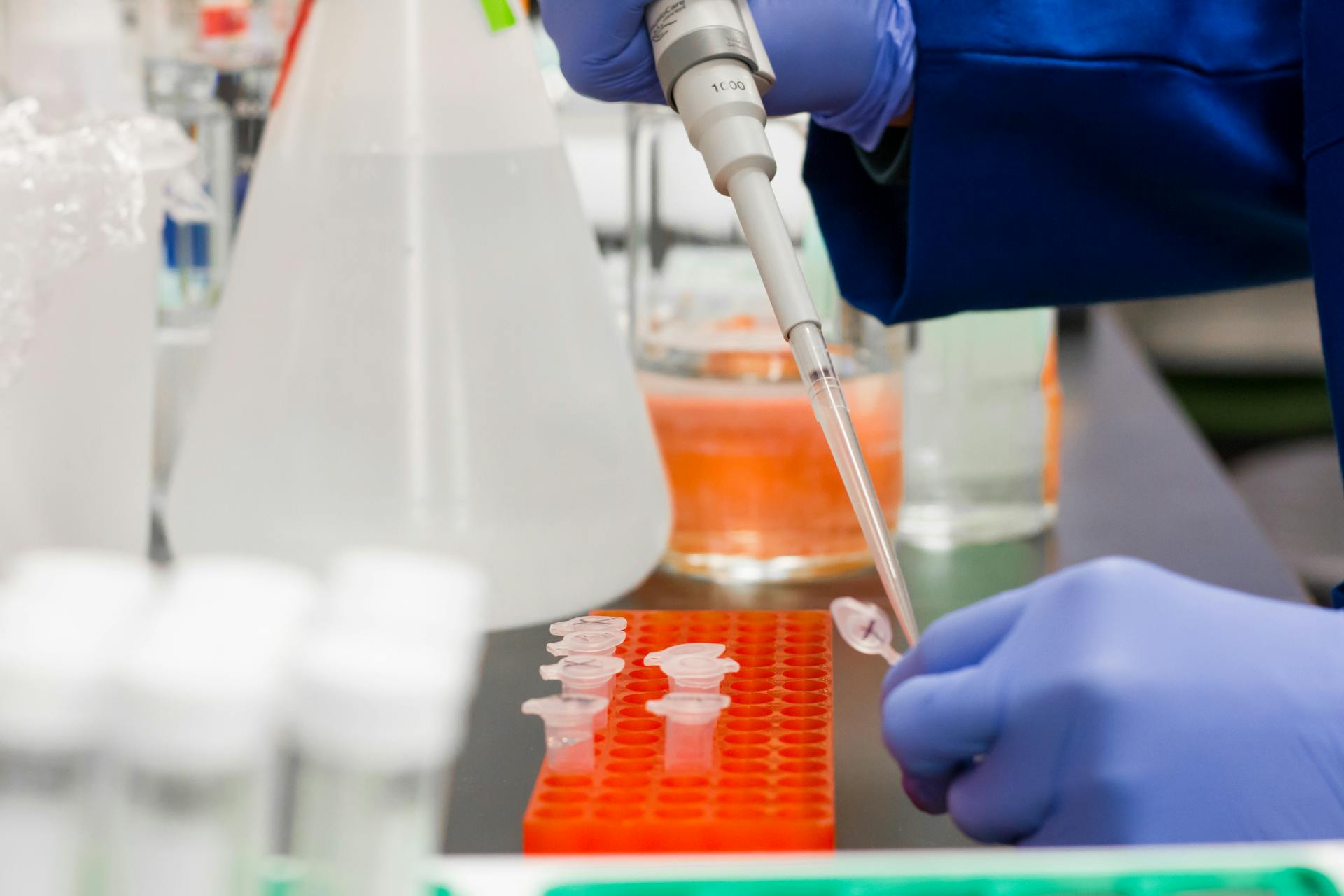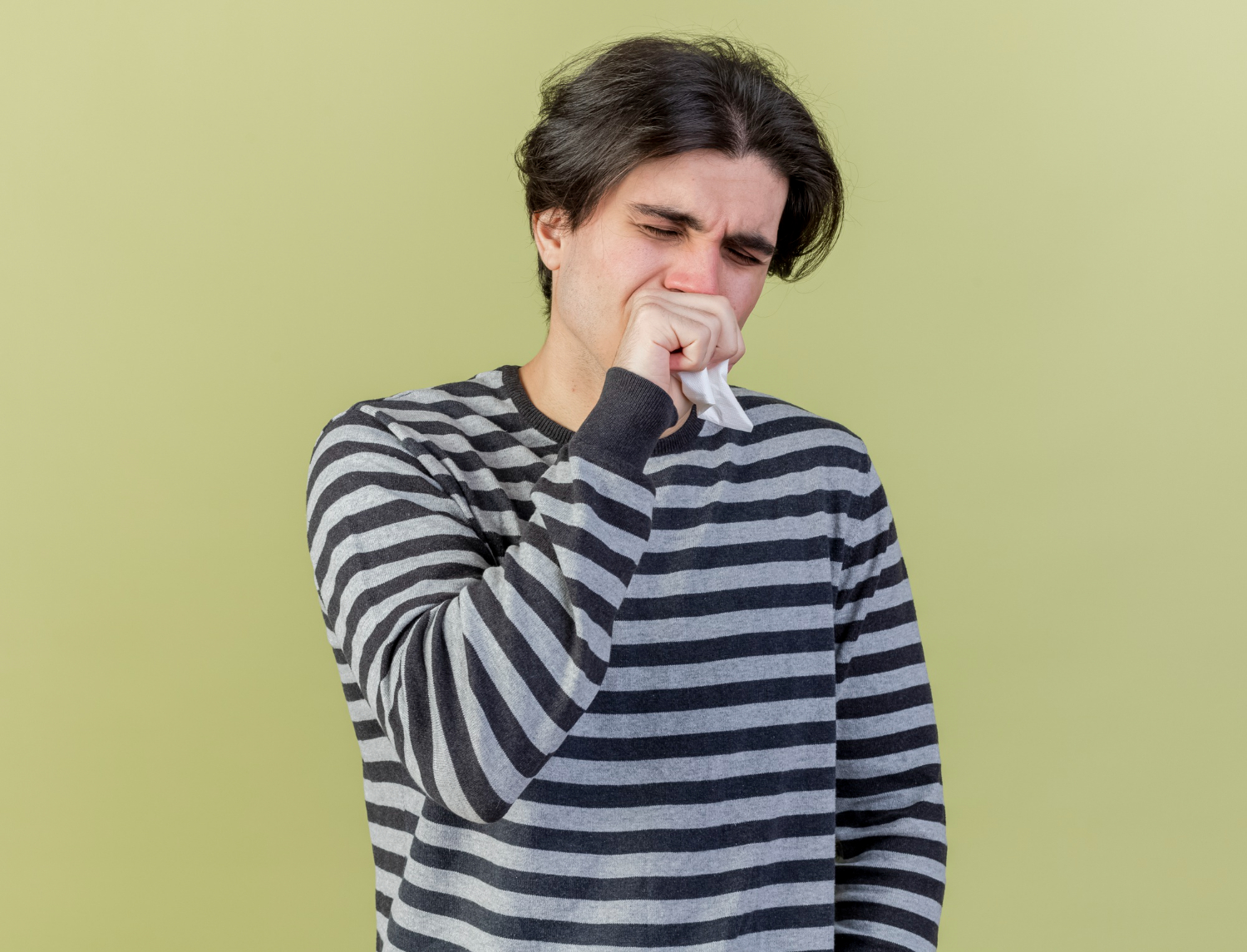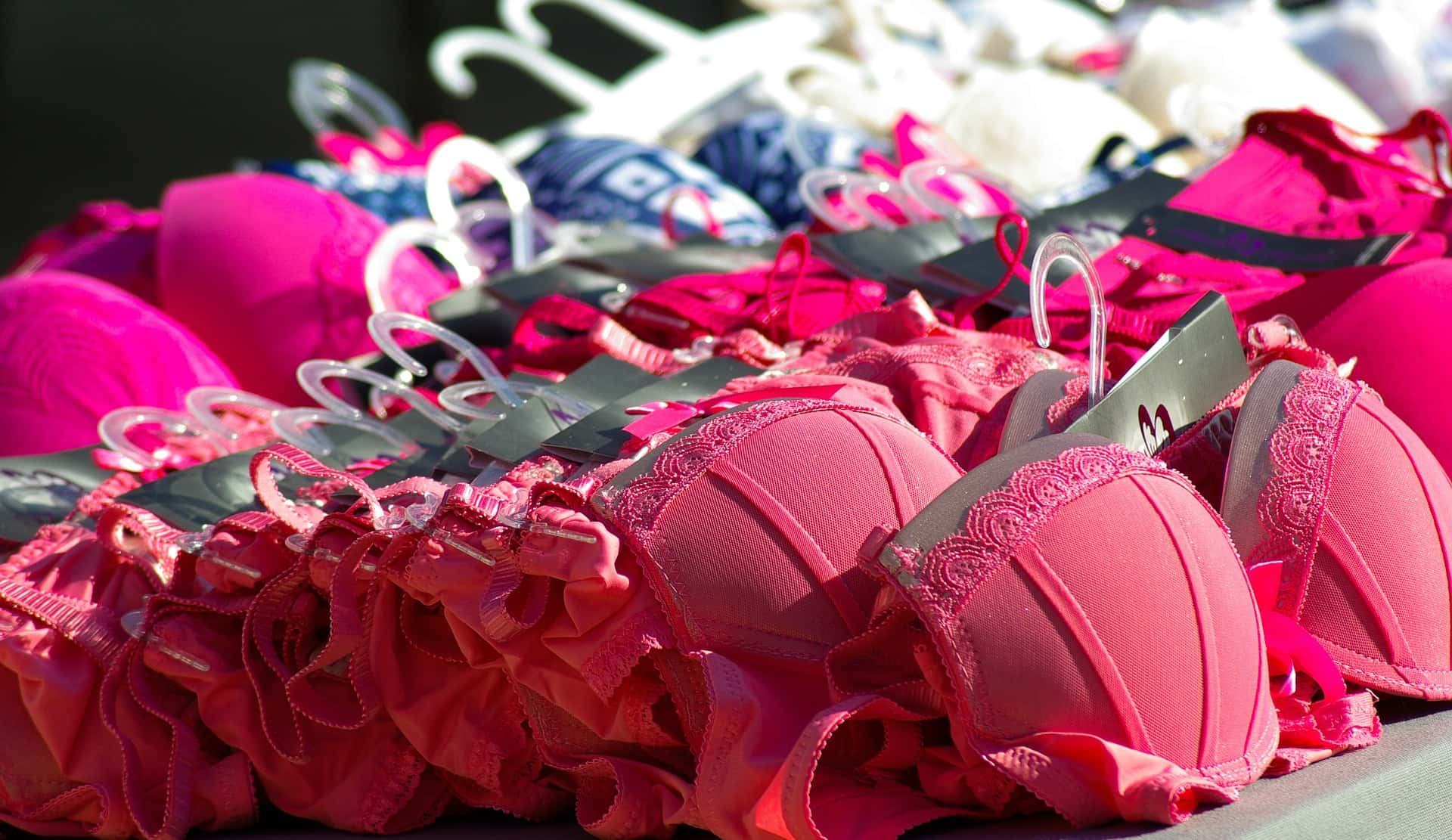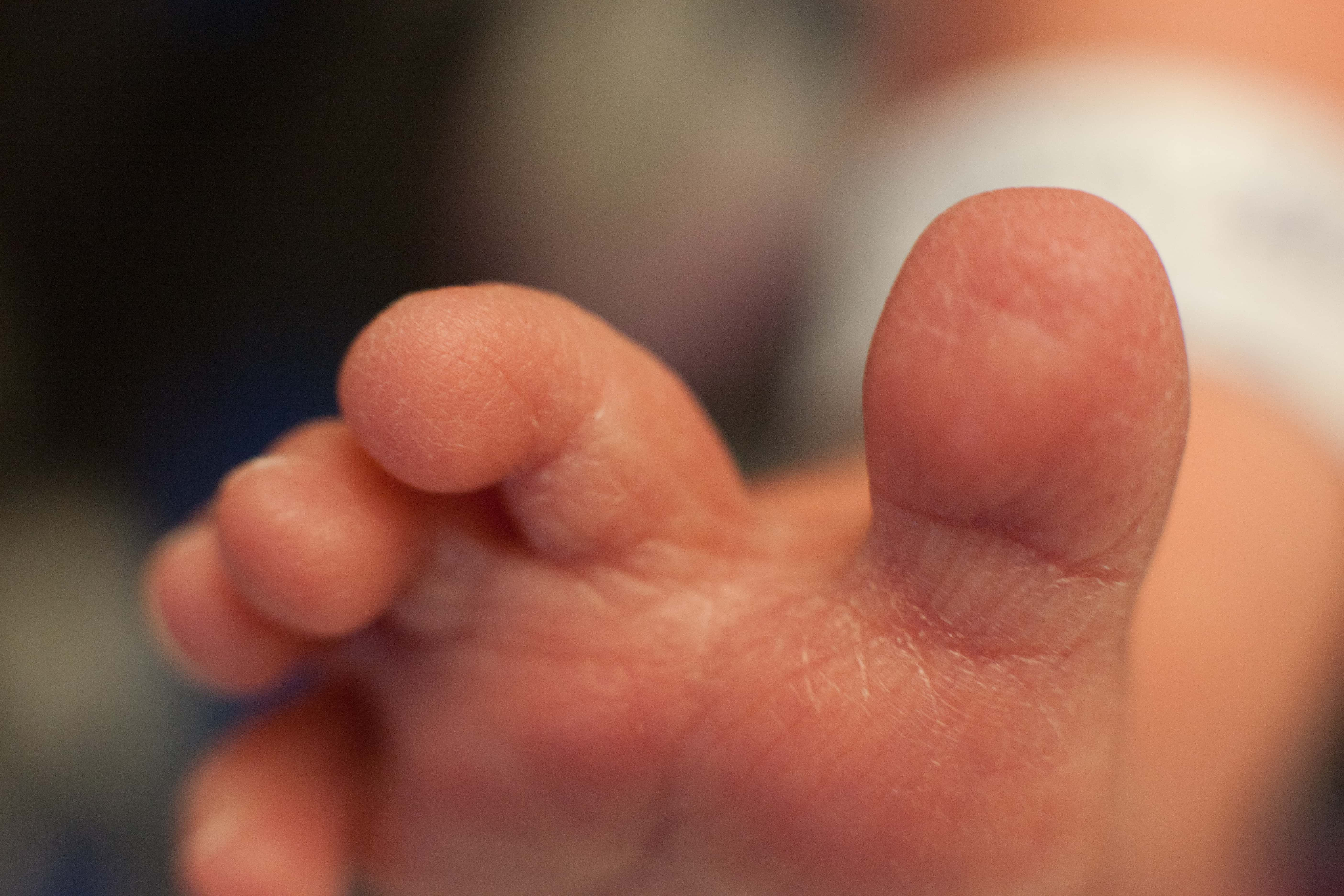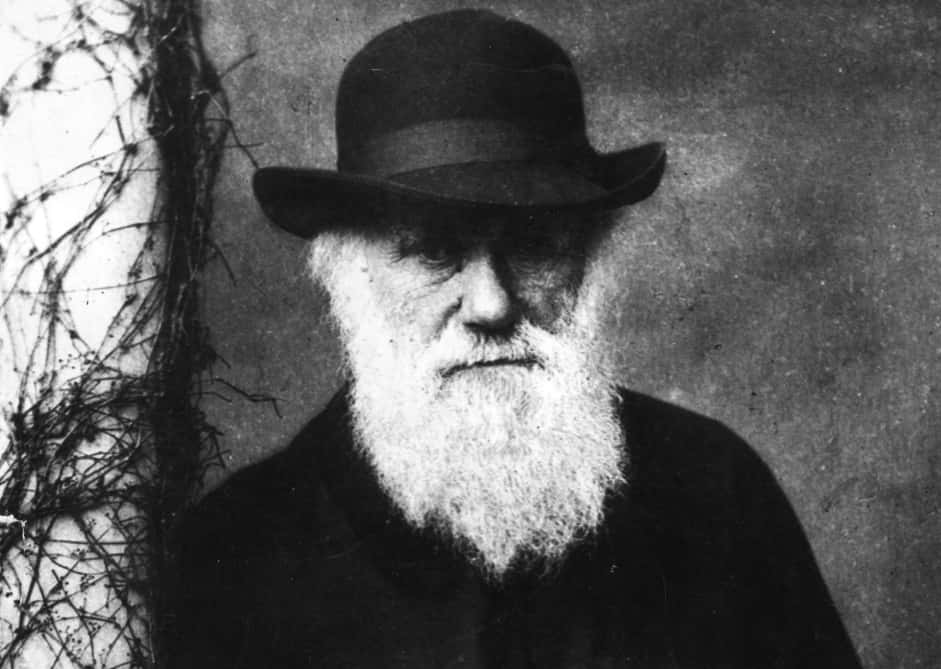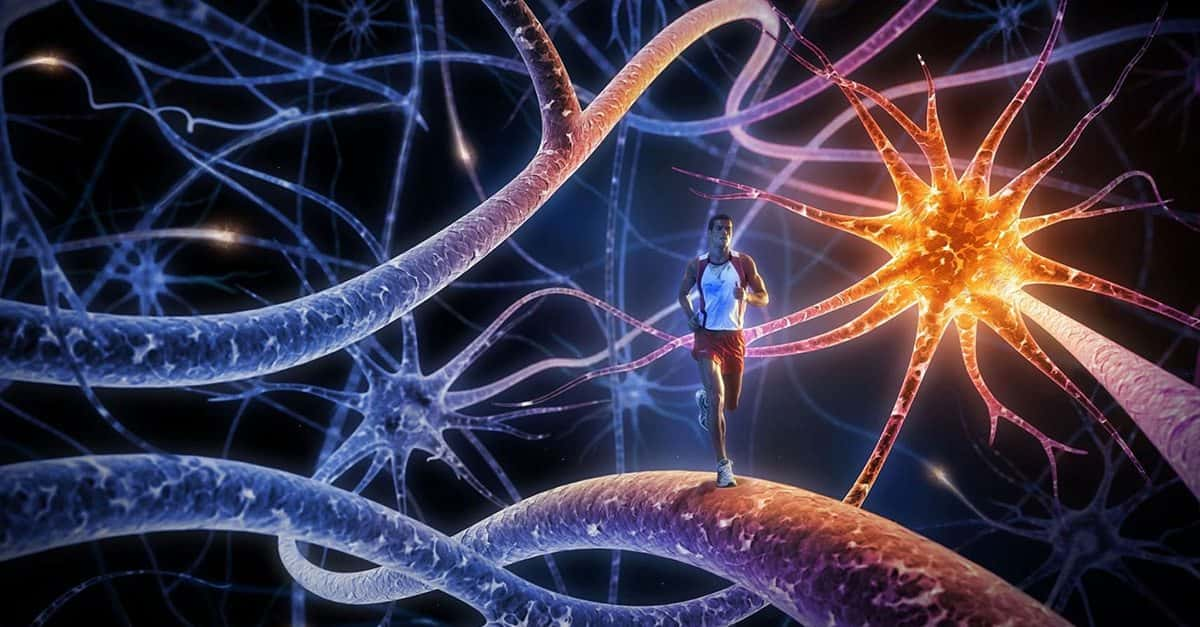“The human body is the best work of art.” ― Jess C. Scott
Few things are as complex and interesting to us as our own bodies. Hundreds of thousands of years of evolution have served to make us one of the true marvels of nature. And yet most of us spend so little time thinking about it. It takes intricate cooperation between thousands of working parts just to keep us alive. Understanding those pieces that make us who we are and how they work together is both fascinating and important. Here are our favorite facts about the human body!
Human Body Facts
1. Getting Skinnier
Humans shed about 600,000 particles of skin every hour. That adds up to about 1.5 pounds every year.
In fact, most of the dust underneath your bed is probably your own dead skin.
2. Baby Bones
A human baby has 99 more bones than an adult.
A baby's skeleton is mostly made up of cartilage. As a person grows up, most of this cartilage turns into adult bone through a process called ossification. This process results in the fusing of certain bones. Consequently, newborn babies have around 305 bones, while an adult has just 206 bones.
3. A Few Small Pieces
An adult human being is made of approximately 7,000,000,000,000,000,000,000,000,000 atoms. (For reference, that's 7 Octillion, or more than 7 trillion trillion.)
Obviously, this varies based on the size of the person and their body composition.
4. Born To Be Astronauts
We've all seen the movies: if you're ever thrown out into the vacuum of space, you can basically expect to disintegrate, right? Or your blood will boil, or something.
Not true! Turns out, we're made of tougher stuff than Hollywood seems to think. For example, although many liquids do boil in open space, our blood is kept in check by our circulatory system and would, therefore, be OK. Freezing isn't a concern either, as a vacuum actually acts as a pretty good insulator.
It's not all good news though: your death would still be pretty gruesome. The lack of air will render you unconscious in about 15 seconds... before you asphyxiate and die in about a minute. Then your body would float alone through the vast emptiness of space until... Look, it gets ugly. That's all we'll say about that.
5. Noses > Eyes
Researchers estimate that the average human being can distinguish between 1 trillion different odors. This is much more acute than the human eye, which can distinguish only about 10 million different colors.
Noses truly are the vanilla of the human body: wildly underappreciated, and they smell great.
6. Humans Are Gross
Ready to get grossed out?
In a lifetime, an average person produces about 25,000 quarts of saliva—enough to fill two swimming pools. We also produce about a liter of mucus per day.
Interestingly enough, though, all that saliva plays an absolutely crucial role in keeping us clean. Consequently, people who have low levels of saliva are far more vulnerable to oral infections and cavities.
7. Mining The Body
Your body has enough iron in it to forge a metal nail that is 3-inches long. You also have enough sulfur to kill all fleas on an average dog, enough carbon to make 900 pencils, enough potassium to fire a toy cannon, enough fat to make 7 bars of soap, enough phosphorous to make 2,200 match heads, and enough water to fill a ten-gallon tank.
8. Close Your Eyes
We all have tiny mites living in our eyelashes. These little mites actually aren't too choosey; they’ll live anywhere as long as they have access hair follicles. They’re found on other parts of the body and on a host of other mammals.
9. The Strongest Muscle In The Body
Pound for pound, the strongest muscle in the human body is the masseter (jaw muscle). It can clamp your chompers shut with 55 pounds of force on the incisors and 200 pounds of force on the molars.

History's most fascinating stories and darkest secrets, delivered to your inbox daily.
10. Stinky Humans
Sweat itself is odorless. It's the bacteria on the skin that mingles with it and produces body odor. Bacteria that are naturally present on our skin thrive in sweaty regions.
11. Growing Strong
Your ears and nose will never stop growing until the day you die.
In fact, your earlobes will also elongate from gravity.
12. Don’t Lick The Gun
Similar to fingerprints, everyone also has a unique tongue print. It may be some time before your local police station starts taking tongue prints, but research on the required 3-D imaging technology is already being developed and tested.
Remember: if you're ever going to get involved in a million-dollar art heist, or some kind of grisly murder, absolutely do not lick the crime scene.
13. Steel Bones
Ounce for ounce, human bones are stronger than steel. A cubic inch of bone can bear a load of 19,000 lbs.—roughly the weight of five pickup trucks.
Reminder: this is not a dare. Do not (for example) ask your friends to drive 5 loaded pickup trucks over your forearm. It won't end well.
14. Booze and Blue
People with blue eyes have a higher alcohol tolerance. Interestingly, they also have higher rates of alcohol abuse and dependency.
15. Humans 1, Robots 0
If the human eye was a digital camera it would have 576 megapixels. Currently, the most expensive digital camera in the world has 200 megapixels.
Take that technology! The robot uprising might be inevitable but it's going to be so blurry.
16. Bacteria: Man's Best Friend
All of the bacteria in our body collectively weighs about 4 pounds. That’s enough to fill a gigantic bowl of (truly disgusting) soup.
In fact, there are more bacteria in your mouth than there are people in the world.
17. Music And The Body
In some cardiovascular units, slow and quiet music is used to relax the patients and lower their blood pressure and heart rate.
This new frontier in medical science actually harkens back to some of our most ancient ancestors. The Ancient Greeks, for example, liked to use music as a method of calming a patient and soothing pain. Native Africans and Native Americans also used chanting and singing as part of their healing rituals.
Once again, science is proving the logic behind some seemingly superstituous human behavior. Fasctinating stuff.
18. Brain Power
Your brain accounts for only 2% of your body weight, yet it uses 20% of the total oxygen and blood in your body.
It's fascinating. That little grey blob weighs just about 4 pounds, and yet is quite possibly responsible for essentially all of our success as a species.
This also shows that, at least when it comes to brain power, bigger is not always better. Cows, whales, and elephants (in addition to many other creatures) all have much bigger brains than we do. And yet we eat steak like it's no big deal. Guess we're winning, right?
19. Deoxyribonucleic Acid (DNA)
If uncoiled, the DNA in all of your body’s cells would stretch 10 billion miles.
That's long enough to reach from here to Pluto... and back!
20. The Ultimate Betrayal
Within three days of death, the enzymes that once digested your dinner begin to eat you. Ruptured cells will become food for the bacteria in your gut, which will release enough noxious gas to bloat your body and force your eyes to bulge outward.
Whatever happened to loyalty?
21. Super Storage
In a lifetime, your brain's long-term memory can hold up to 1 quadrillion (1 million billion) bits of information.
And for such a powerful computer, it's also incredibly efficient. The entire apparatus of your brain is operated by roughly the same amount of power as a 10-Watt lightbulb.
22. The Hot Dog's Journey
The gastrointestinal tract is a 30-foot tube that runs from your mouth to your anus.
There’s a few moving parts, but a long story short is that food comes in and poop goes out. There you go, now you're an expert on human digestion.
 ericsphotography, Getty Images
ericsphotography, Getty Images
23. Not-So Hairless Apes
It might not seem like it when you look around, but human beings actually have just as many hair follicles as a chimpanzee.
Here's the catch: our hairs are, for the most part, incredibly fine and light-colored. No one is quite sure why we lost our impressive fur coats, though. Some think it was an adaption to help us sweat more effeciently. Others say it was a method for avoiding fleas and ticks.
Whatever the reason, it's a fun thought.
 LeaMaimone, CC BY-SA 2.5, Wikimedia Commons
LeaMaimone, CC BY-SA 2.5, Wikimedia Commons
24. The Electric Heart
Your heart has its own electrical impulse. This means that as long as it has an oxygen supply, your heart can keep beating even if it’s separated from the body.
Your heart will also pump about 1.5 million barrels of blood during your lifetime. That’s enough to fill 200 train tank cars.
25. Brain Age
Your brain keeps developing until your late 40s.
26. Sweet Cilia
Our lungs and nasal passages have exquisitely tiny hairs called cilia that can "taste" bitter flavors. They also serve to remove dust and foreign particles from the respiratory tract.
27. You Feel Me?
Human fingers can feel objects as small as 13 nanometers. This means that if your finger was the size of the Earth, you would feel the difference between houses and cars.
28. Hot Body
The highest recorded body temperature in a human being was a fever of 115.7°F. A fever over 107.5°F is enough to damage the brain and, if untreated, cause death.
 Ermolaev Alexander, Shutterstock
Ermolaev Alexander, Shutterstock
29. Touch Your Heart
The human heart is not on the left-hand side of the body. It’s in middle of your chest, in between your right and left lung. It is, however, tilted very slightly to the left.
30. Brain Genes
Half of your genes describe the complex design of your brain, with the other half describing the organization of the other 98% of your body.
31. Human Cell Replacement
Your taste buds are replaced every 10 days. Conversely, the average age of a human fat cell is 10 years.
32. To Shave or Not to Shave?
There is no scientific evidence that shaving or waxing will make your hair come back thicker. There are believed to be two reasons that the myth continues to flourish. First, humans just aren’t the best observers. Second, hair often does grow back thicker when people first start to shave, but this isn’t caused by shaving. When an adolescent boy shaves his mustache for the first time, it’s likely to grow back thicker. This isn’t because shaving caused this; it’s because the hormonal changes in his body (which occur regardless of shaving) are encouraging new and thicker facial hair growth.
33. Human Differences
1 in 10,000 people has their internal organs reversed or "mirrored" from their normal positions. The condition is called situs inversus.
1 person out of every 200 people has an extra rib.
34. The Pinky Is The Powerhouse Of The Hand
Without your pinky finger, you would lose about 50% of your hand strength. While the index and middle fingers function with the thumb in pinching and grabbing, it’s the pinkie that teams up with the ring finger to provide grip power.
35. Keeping Cool Down There
Men's testicles hang between the legs to keep cool because sperm dies at body temperature. Keeping those baby-makers cool is a top priority, so make sure to keep your laptop off those bad boys!
36. Underappreciated
You've probably heard that the appendix is essentially a waste of space. Just a leftover from our earliet, less-evolved ancestors... right?
That’s turned out not to be the case. Scientists have discovered it had an essential evolutionary function: the appendix functions as a “safe house” for the beneficial bacteria that live in the human gut. Bacteria which, by the way, scientists are beginning to believe has an unbelievably positive influence on physical and mental health.
Thanks appendix... sorry for the bad rap.
37. Well...
Your mouth is made of the same skin cells as a vagina. Flattened epithelial cells are well suited to areas in the body subject to constant abrasion, as layers can be sloughed off and replaced before quickly.
38. Cute Little Muscles
Muscle comes from the Latin “musculus.” Musculus means "little mouse,” and this was used to describe muscles because biceps were thought to look like mice.
39. Liar, Liar
Are you surrounded by pathalogical liars? Here's how to find out...
While a person is telling a lie, they tend to blink far less frequently than normal. Think of a TV murderer with a shark-like stare.
Later, though, after the lie is told, a person will immediately make up for all that staring by blinking about 8 times faster than normal.
Clearly our eyelids are incredibly honest, and are doing everything in their power to signal the truth—whether we want to or not.
40. Who Said That?
More than 3% of people are born with phonagnosia: they can't recognize the voices of familiar people. People suffering from phonagnosia do not suffer from aphasia (an inability to comprehend and formulate language), which suggests that separate areas of the brain govern linguistic comprehension and voice recognition.
41. Annoying? Yes. Unhealthy? Maybe Not
A scientist cracked his knuckles on one hand for over 50 years to prove it did not cause Arthritis. After 50 years, he concluded that there was no arthritis in either hand, and no apparent differences between the two hands. This is, of course, a rather small data set, but it’s interesting none the less!
Hats off to the brave man who risked arthritis (as well as dirty looks from all his friends) in the name of science.
42. Starting Your Morning Off Right
You can burn 20% more fat by exercising in the morning on an empty stomach. Sex burns 3.6 calories a minute, so fifteen minutes of morning sex should burn off 130 calories.
43. Genes: They're Complicated
Humans have no more genes than worms. We have less genes than a tomato. How could this be, given that the all-powerful homo sapiens are clearly a more complex species? We’re not sure, but scientist have noted that the number of genes in the genome may be less linked to complexity than we thought.
44. Coughing At The Speed Of Sound
A strong cough forces air out of the airways at speeds up to 620 mph, which is almost as fast as the speed of sound.
45. Hear That?
Hearing is the fastest human sense.
Your brain can recognize a sound 10 times faster than the blink of an eye. That's as little as 0.05 seconds.
You heard it here first: the most effecient way to get someone's attention from across the room is not to wave at them— it's to scream at the top of your lungs.
46. Controversial Bras
Bras make breasts sag. They also do not reduce back pain.
A leading study found that women who never wore bras had nipples an average of seven millimeters higher each year than regular bra users. Before you go throwing away your bras, note that the benefits of not wearing a bra will only be seen in younger women who are not obese, according to those managing the study.
47. Recovering From The Miracle Of Birth
After child birth, a woman's vaginal muscles can take up to 6 months to get back to their normal shape and size.
48. A Green Diet
We can't digest grass because our bodies don't have what it takes to break down the cellulose found in the plant. Grass also contains a lot of silica, an abrasive that quickly wears down teeth, so your dentist wouldn’t be thrilled about a grass diet. Grazing animals have teeth that continually grow to replace worn tooth surfaces.
49. Weight-Bearing Toe
Your big toe carries more weight than any other toe, bearing about 40% of your body weight. To enlist in the United States army, you need to have all ten toes intact.
50. Evolution Stinks!
One prevailing theory as to why butt hair exists is that there's simply no significant evolutionary pressure against butt hair. I.e. it doesn’t affect our ability to mate, so the random mutations that caused butt hair persisted.
Other theories take a smellier view of things, suggesting that butt hair helps scent communication. We have body hair in the same areas where we produce odors. The hair is there to hold onto oily secretions that have their own smell and are consumed by bacteria that produces even more smells. Early human ancestors used their personal smell to actually help them with everything from broadcasting territorial rights to attracting mates.


